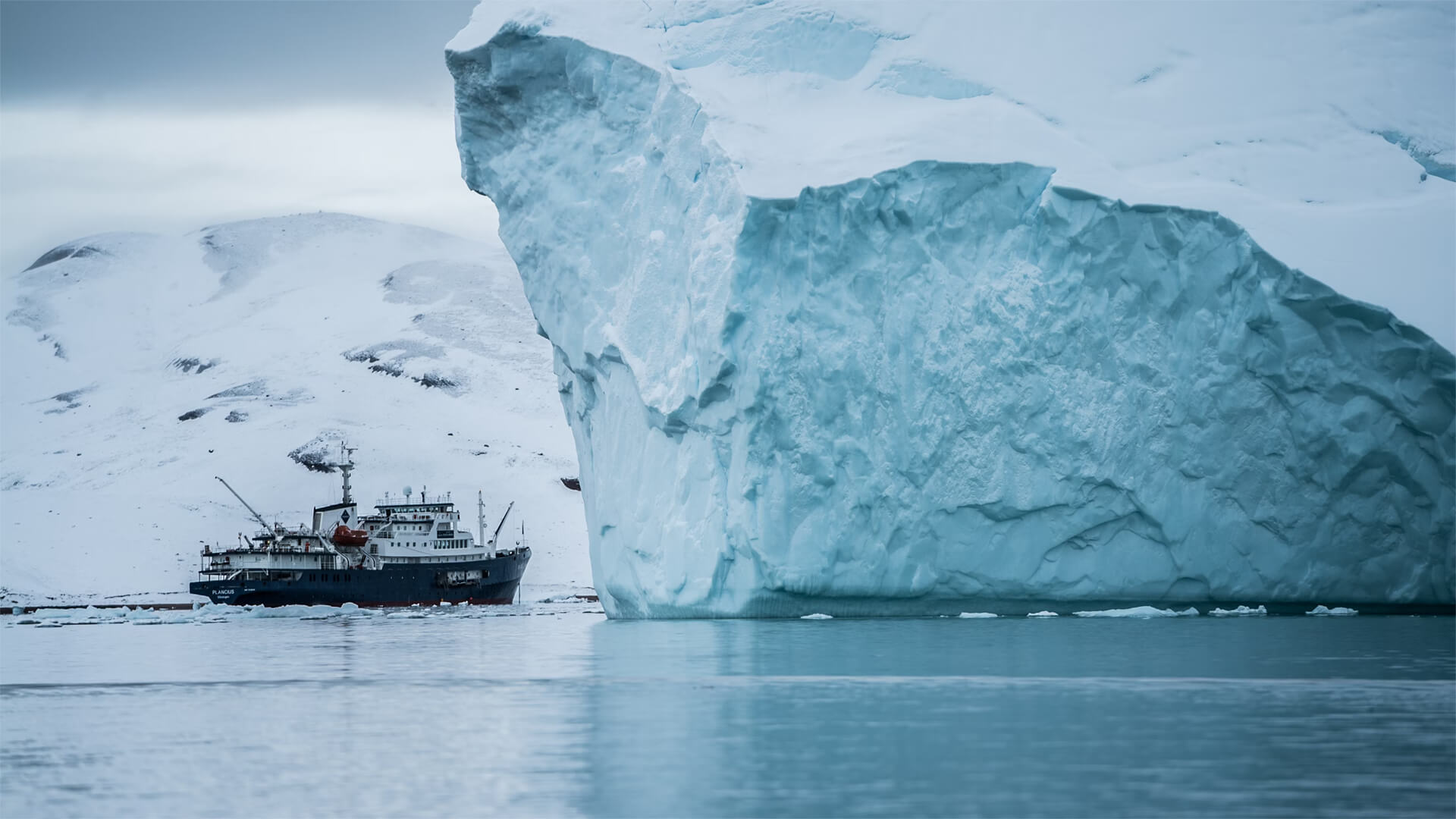As the ice begins to melt in the Arctic, will the Russians be able to establish a shipping route to the north? While establishing a northern sea route is possible, it won’t be the gold mine its been made out to be.
There are several factors that make the Russian’s northern sea route impractical: the need for navigational aids, limited search and rescue capabilities, lack of development and population centers along the route, and a high cost per mile given the absence of stops along the way. That’s before we even mention the unreliable military presence in this region and the financial constraints on projects like nuclear-powered icebreakers.
While this idea has some merit, I wouldn’t plan on shipping anything via ‘Russian Northern Express” anytime soon.
Here at Zeihan On Geopolitics we select a single charity to sponsor. We have two criteria:
First, we look across the world and use our skill sets to identify where the needs are most acute. Second, we look for an institution with preexisting networks for both materials gathering and aid distribution. That way we know every cent of our donation is not simply going directly to where help is needed most, but our donations serve as a force multiplier for a system already in existence. Then we give what we can.
Today, our chosen charity is a group called Medshare, which provides emergency medical services to communities in need, with a very heavy emphasis on locations facing acute crises. Medshare operates right in the thick of it. Until future notice, every cent we earn from every book we sell in every format through every retailer is going to Medshare’s Ukraine fund.
And then there’s you.
Our newsletters and videologues are not only free, they will always be free. We also will never share your contact information with anyone. All we ask is that if you find one of our releases in any way useful, that you make a donation to Medshare. Over one third of Ukraine’s pre-war population has either been forced from their homes, kidnapped and shipped to Russia, or is trying to survive in occupied lands. This is our way to help who we can. Please, join us.
TranscripT
Hey, everybody. Peter Zeihan here coming to you from Colorado. We’ll take another entry from the Ask Peter Forum, specifically about Russia’s northern passage. The idea is that if the ice, in the Arctic melts, won’t it be possible for the Russians to allow shipping from Europe to China and back on a shorter route that doesn’t have to go through the South China Sea and around India and through the Middle East and the Suez around Africa and blah, blah, blah.
Basically, a much shorter route would be much cheaper, much safer and much better from a geopolitical point of view for the Russians and maybe even the Chinese. theoretically, there’s something to say about that. The travel times, as opposed to going around Africa, if you went around the northern, part of Eurasia would be about a week cheaper.
So you’d be having lower operating costs and less fuel required. but there’s a few problems. Number one, you need aides to navigation all ships using aides to navigation so they don’t hit things like reefs. They don’t hit each other. and that requires things that are basically anchored to the seabed. And you can’t do that in the Arctic because there’s moving sea ice.
So step one, you would have to wait until such time as the Arctic is ice free in the winter, not just the summer. So because if you went seasonally in the summer, you could theoretically do that in a lot of places now. But you have no aides. If you’ve got no aides, you need to have some excellent search and rescue capability.
Well, here’s another problem. The northern Russian coast is largely unpopulated, and with one exception, there are is not a single community that’s on the coast that is connected to the rest of Russia by road or rail. Everybody has to fly in. That means you’ve got almost no capacity within the Russian state to provide assistance to anyone who gets into trouble.
And that’s before you consider that the Russians are basically incompetent when it comes to navies, and their best ships have been sunk or damage as part of the Ukraine war. So there’s even not much of a military presence except for around, say, Archangel Murmansk in the extreme northwestern section. For the rest of the coast, it’s largely unpopulated. So if anybody gets into trouble, there is no one who can get to you in anything less than several days, probably a couple of weeks.
the third problem is that there’s nothing here to develop. so one of the reasons why the routes go the way they do is that there are population centers along the way. you don’t just have the Egyptians. You’ve got the entire North African coast. You’ve got, people in the Persian Gulf. Of course, the mega populations of India and to a lesser degree, Southeast Asia.
So these routes, you’ve got ships that stop along the way to kind of, in transit deliveries, which drops the relative cost of the long haul. That’s how containerization works these days. Ships generally make lots of stops along the way. And each one of those is a profit margin. If there’s no population, there’s no place to stop. Basically, once you get around, the southern tip of Norway or out of London, you know, you’re going around the north coast of Norway, which is empty, and then you hit Russia, which is empty.
And then there’s more Russia that’s empty, and then there’s more Russia that’s empty. You finally get through the Bering Strait, where you get to more Russia, and it’s still empty. so the cost might seem cheaper in terms of the amount of fuel that you’re going to burn. But at the end of the day, it’s a more expensive route per mile because there’s no way to recoup your costs along the way.
So the soonest, as soon, as soon soonest that this might theoretically work, is like 2050. That’s the soonest we might have an ice free Arctic in the winter. And that’s kind of a reach that’s using projections that no one’s really agrees on. And by that time, there’s not going to be a China anyway due to demographic collapse.
So, you know, kudos for the thought. The Russians have been pushing this from time to time, but at the end of the day, it’s not going to work. the only technology that might, might, might, might allow this to speed up is the Russians are big fans of nuclear powered civilian icebreakers. But with the Ukraine war going on, the funding for that project has basically dropped to zero.
So no.








